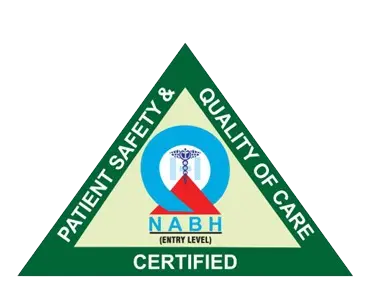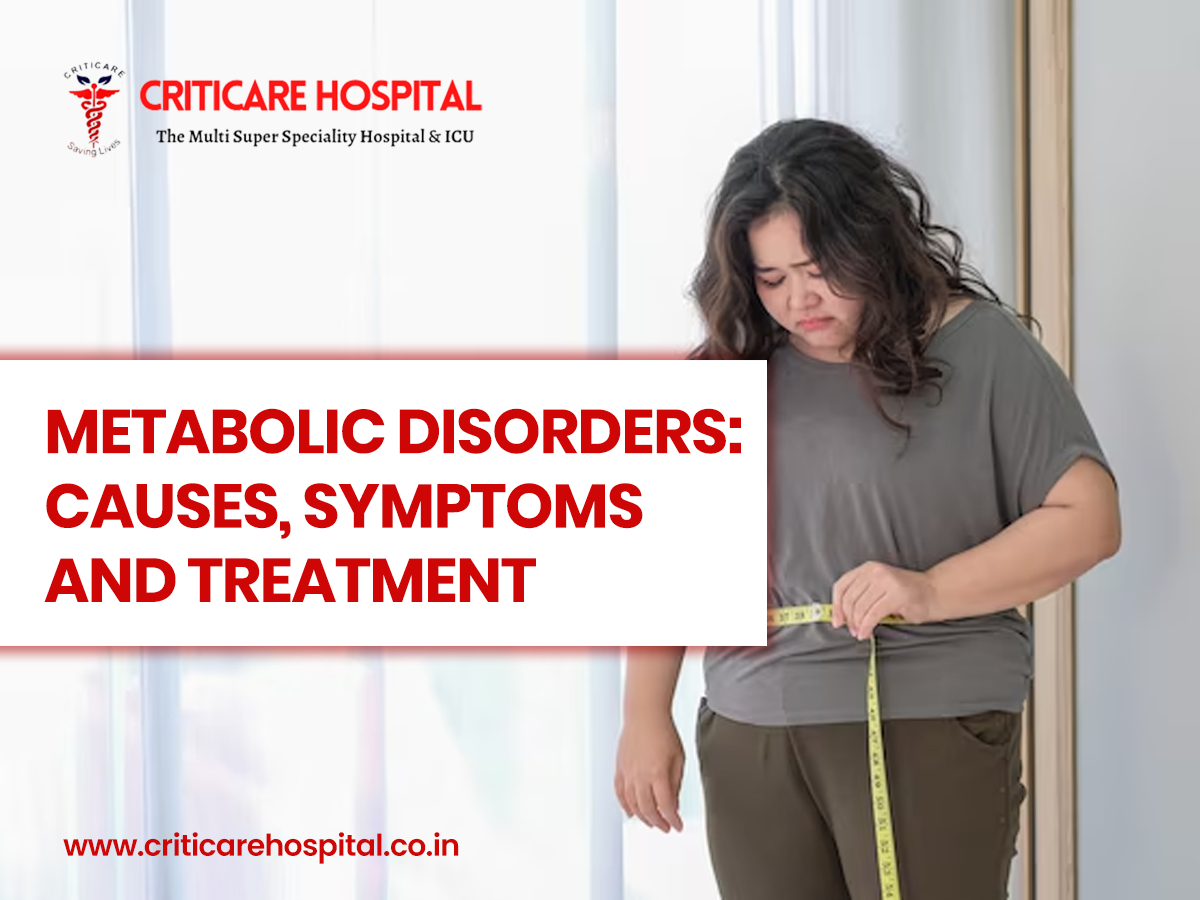Our body consists of a few chemical processes which help digestive enzymes to break down food and convert it into energy that is involved in body functions and keeps you alive. But when the process of metabolism fails and the body starts storing excess, then our body faces a deficiency of several nutrients which keep us healthy. From genetic mutations to other factors, the causes of metabolic disorders are many.
There are many inherited metabolic disorders such as Type I & II Diabetes, Gaucher’s disease, Inborn Errors of Metabolism, Glucose galactose malabsorption, Phenylketonuria, and others. Here we are going to tell you about metabolic disorders, symptoms, and treatments.
What are the Causes of Metabolic Disorders?
Metabolic disorders may occur due to mutations in genes which can lead to issues in enzymes which are essential for metabolic track. Genetic issues can result in many metabolic disorders which pass down from one generation to another such as sickle cell anaemia, cystic fibrosis, hemochromatosis, and more. Other than genes issues, and environmental issues, exposure to toxins can also lead to metabolic disorders.
Hormonal imbalance during conception, mitochondrial dysfunction, and organ dysfunction where the pancreas cannot produce necessary enzymes can also cause metabolic disorders. There are multiple conditions of the body which may lead to metabolic disorders such as disease in liver, gallbladder, or pancreas, and abnormal chemical or acid reflux in your body. In severe liver problems, you can consider a liver disease transplant in Lucknow.
What are the Symptoms of Metabolic Disorders?
Symptoms of metabolic disorders include fatigue, weight fluctuations, stomach ache, nausea, patchy colourless skin, lack of appetite, unexplained weight gain or loss, tiredness, muscle weakness, and infant development issues such as intellectual disabilities that may occur in babies. People who face metabolic disorders may experience gastrointestinal symptoms such as vomiting, abdominal pain, negative effects on multiple organs, and much more.
Muscle weakness is also a common symptom of metabolic disorders which reflect disruptions in energy production and nutrient utilisation by the body that is essential for muscle function. The connection between metabolic processes and gastro functions may also be disrupted due to such disorders. By consulting the best gastroenterologist in Lucknow you can understand about metabolic disorders at the earliest stages. Regular medical health checkups and genetic screening can help in identifying metabolic disorders.
You should understand that metabolic disorders can also impact an individual’s daily life. From the flow of your energy levels to your body weight, all these conditions influence essential bodily functions which can be disrupted due to metabolic disorders.
What is the Treatment for Metabolic Disorders?
Treatment for metabolic disorders includes a range of ways which are planned as per the specific disorder and its causes. For genetic metabolic disorders, enzyme replacement therapies and gene therapies are advised by the doctors. These specific treatments aim to treat the genetic abnormalities causing the disorder and find the cause.
Diet management is also a treatment for many metabolic disorders. Specialised diet plans which are advised by the doctor should contain necessary nutrients and substances that your body cannot process. People facing phenylketonuria (PKU) may follow a low-phenylalanine diet to manage their condition effectively.
Also Read – Simple Tips to Boost Your Metabolism Naturally
Medications may be prescribed to reduce symptoms or address specific metabolic imbalances. For disorders affecting hormone regulation, hormone replacement therapies may be recommended by doctors to regulate the hormonal balance.
Other than these, physical examination for symptoms, analysis of the family’s medical history, and pathological tests like blood tests are also performed to determine the metabolic disorder. In most of the inherited metabolic disorder conditions, the disorder can’t be cured but it can be managed through personalised management. Doctors may suggest a diet plan which helps in decreasing metabolic disorder symptoms.
Conclusion
Every person should understand about metabolic disorders because it can impact anyone’s health irrespective of age or gender. By being aware of its symptoms, a person can consult with a doctor for medical advice and can make informed decisions about metabolic disorders. At CritiCare Hospital that is situated in Lucknow, you can get the right treatment and proper advice about metabolic disorders. Understanding about metabolic disorders enables each person to know about the warning signs and helps in making informed decisions that contribute to their overall well-being.




